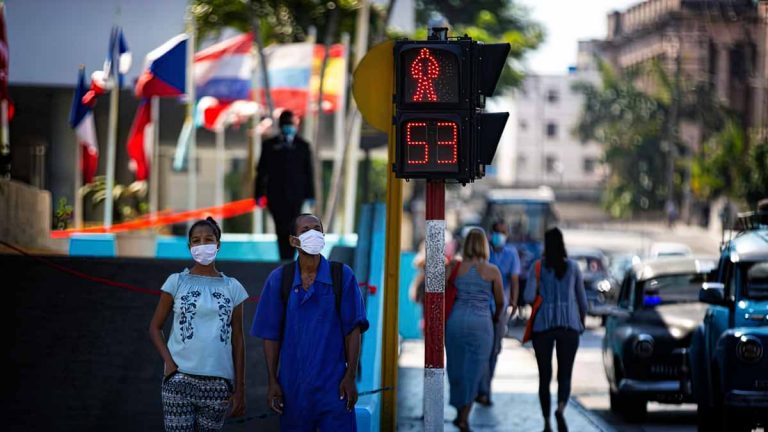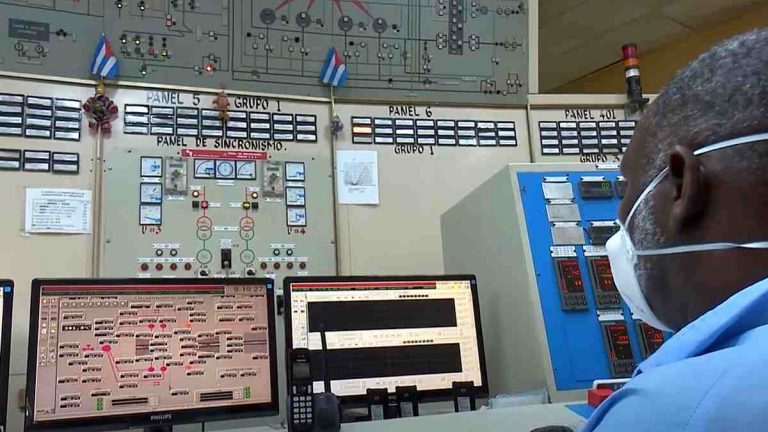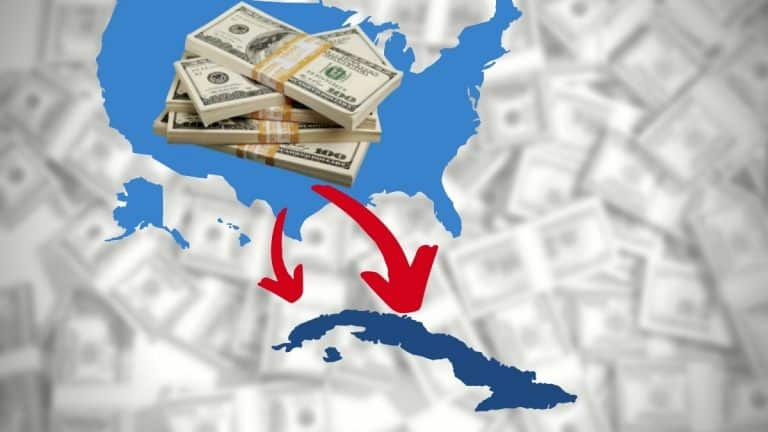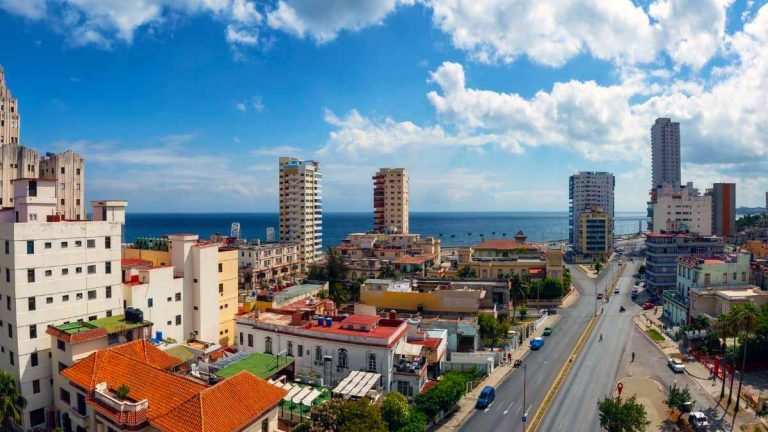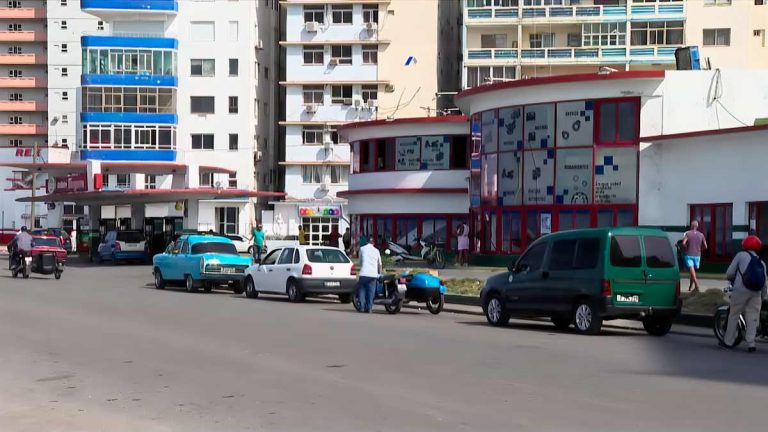Interprovincial Transportation Fares Increase Significantly in Cuba
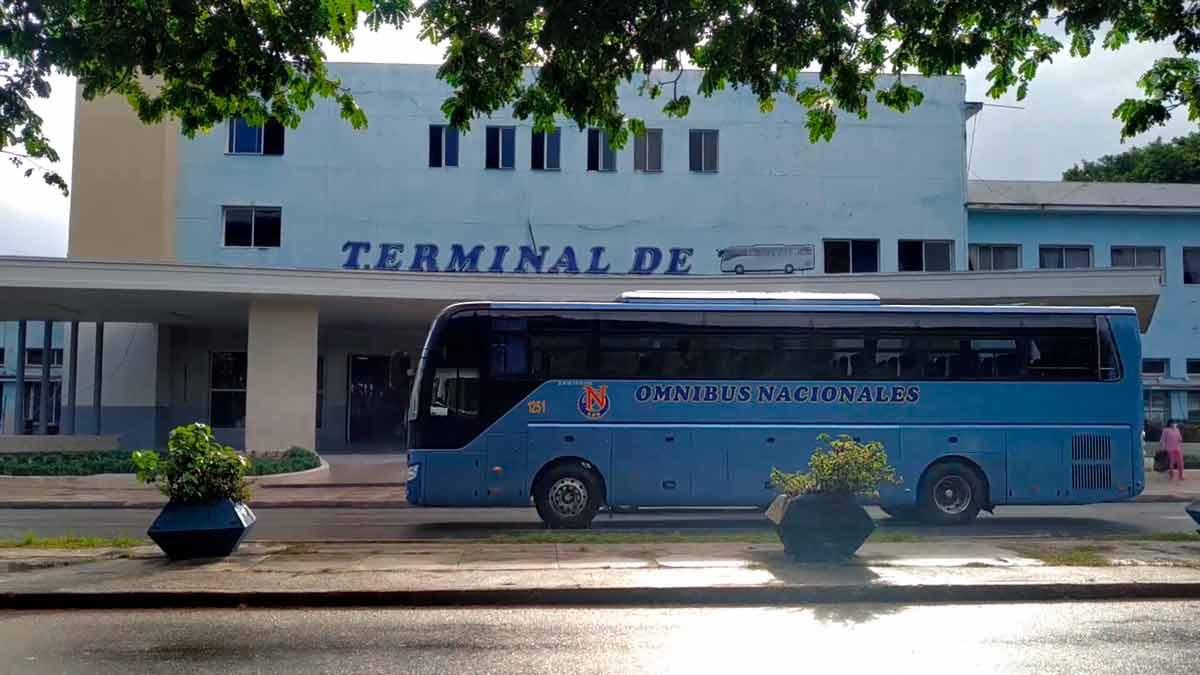
Cuba is going through the worst economic crisis in the last few decades, with soaring inflation that is crushing the purchasing power of salaries.
There is chronic shortage of food, medicines, and other basic products. Added to this is the COVID-19 pandemic and the tightening of the United States embargo.
In light of this complex scenario, the government of Díaz-Canel announced a series of unpopular economic measures that include the elimination of subsidies and significant increases in prices and tariffs in various sectors.
Increases of up to 700% in Interprovincial Fares
One of the most controversial announcements was the drastic increase in interprovincial passenger transport fares, which will take effect from March 1, 2024.
According to Transport Minister Eduardo Rodríguez Dávila, the aim is to cover the actual costs of the service, as the current fares have been generating systematic losses in the sector for years.
The increases reach stratospheric levels:
- Interprovincial buses: up to 300% increase. Traveling from Havana to Santiago will go from 255 to 717 pesos, an increase of 181%.
- National trains: increases of up to 600%. From Havana to Santiago, from 95 to 670 pesos without air conditioning.
- Aviation: the highest increases, up to 468%. Flying from Havana to Santiago will cost 4,200 pesos, almost 4 times more.
- Maritime transport: the catamaran to Isla de la Juventud will quadruple its fare.
Exceptions: local transport and specialized services
However, the minister assured that urban, suburban, and interurban transport fares, which the majority of Cubans use daily, will not change. Prices of local trains and specialized services will also remain unchanged.

The gap between the actual costs and the fares for the population will be covered with more than 2,000 million pesos annually from the scarce resources of the State.
Public Discontent Over the Announced Measures
The announcement has caused annoyance and concern among the Cuban population, who will now have to pay up to 4 times more to travel between provinces, amidst a severe cash shortage and meager salaries.
Experts warn that this inflationary shock will plunge Cubans further into poverty, hitting their already diminished purchasing power.
Economists believe that structural reforms are needed, not just patches that transfer the state’s problems to the citizens.

